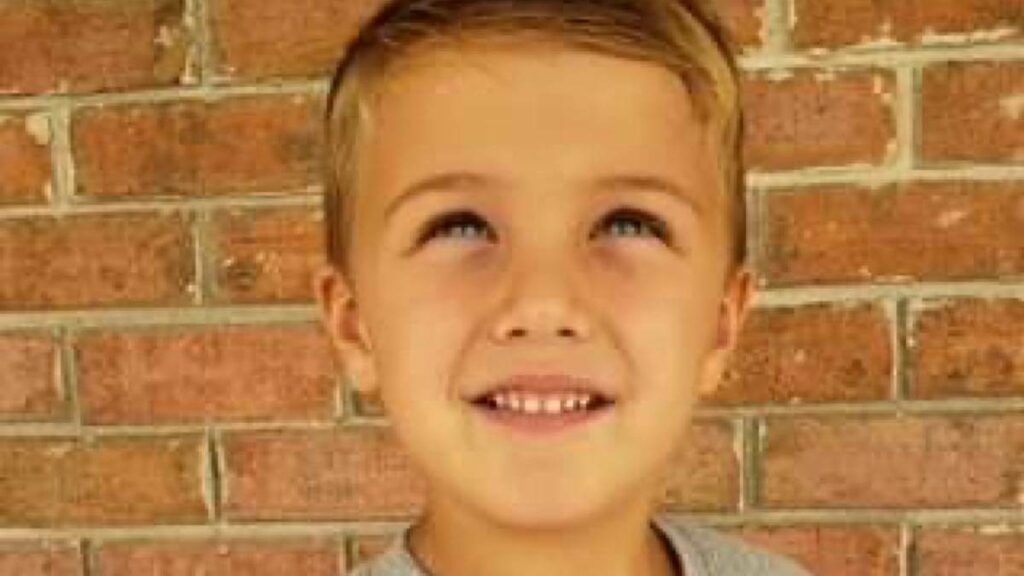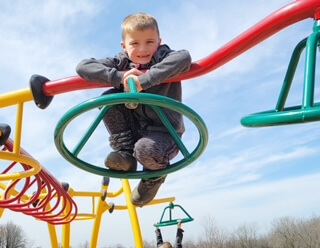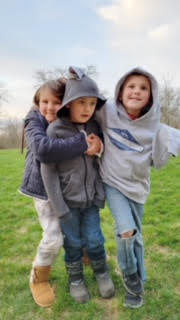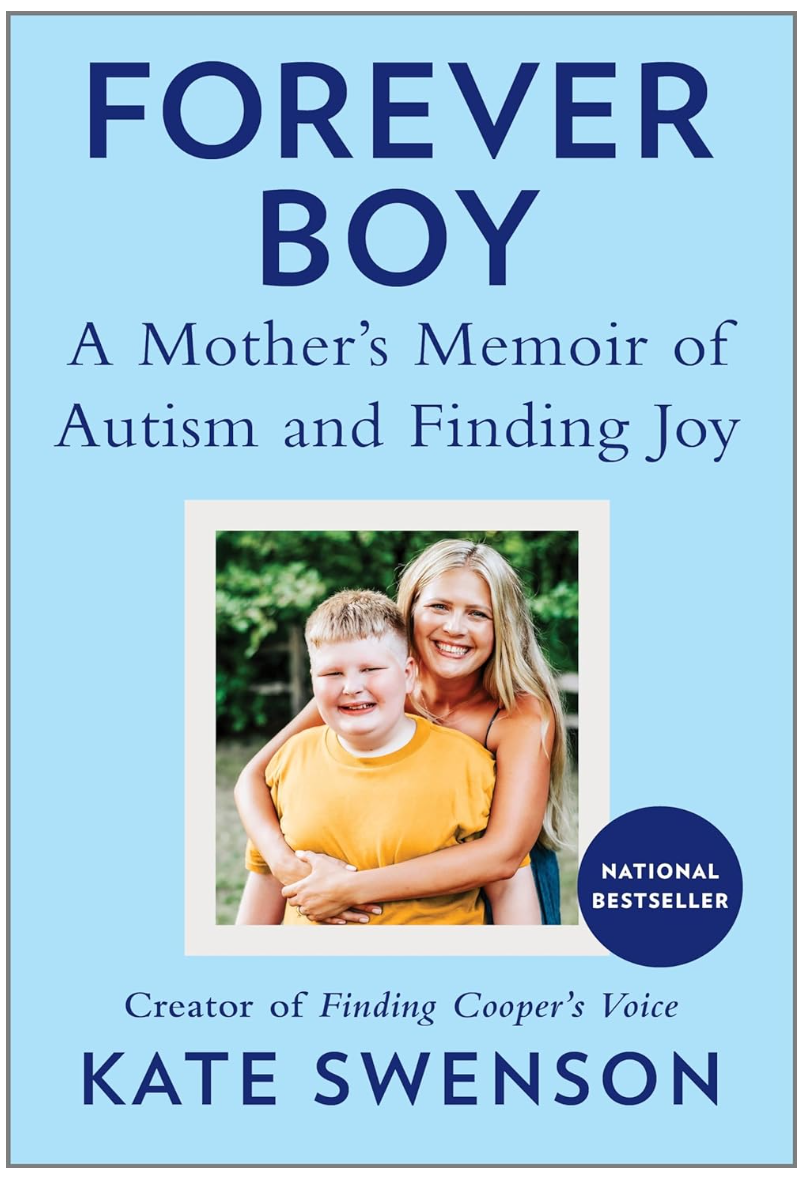Suicide is 3X More Likely for those on the Autism Spectrum

Why does Autism awareness and acceptance really matter? There are many reasons, but let’s talk about one of the most important reasons…
SUICIDE.
Suicide is three times more likely for those on the Autism spectrum studies say. They say Autistics are more likely to have anxiety and depression which obviously leads to suicide.
However, I think it’s important to discuss some other factors that weigh heavily into why Autistics have anxiety and depression beyond just Autism.
You may be surprised to understand that the villain in this suicide story is not always just as easy as blaming Autism. I would dare to say, many times it’s not Autism’s doing.
To understand what I am talking about, you have to take a look into the everyday experiences of an Autistic. Often Charlie, my son who is Autistic, gets examined, studied, and evaluated. Some want him to be able to succeed in a world not designed for his unique mind, and some just want to make him like the majority.
Everything is designed to appeal, comfort, and advance those with the type of mind the majority has.
He is not the majority.
As I watch him, I don’t feel like there is anything wrong with my son. I feel like it’s like watching someone trying to adapt to a way of life that is foreign to him.
Sometimes I feel bad because often all this poking and prodding of his differences, even with the best intentions, must make him never feel at home here. So I constantly battle balancing how to help him to live in a world that is not designed for him, and not making him feel like there is something “wrong” with him all the time.
Often, we hear (yes, he hears it too) words like “we can’t standardize him” on a test designed for the majority. Or something along the lines of “he was unable to perform” normally in an environment set up not made for him.
Mostly we hear where he needs to improve to be more like everyone else.
Standardize, perform, and improve are words that are so frequent it’s debilitating.
What’s interesting is Charlie is off the charts intelligent and very sweet, but those things seem to get lost in the black hole of “different.” Again, I am not saying that we shouldn’t talk about the differences, and that we shouldn’t help Charlie have a more comfortable stay in a world that doesn’t feel like home to him.
I get that majority has to rule in some ways, because it automatically helps most. But how much we compare and mostly HOW we compare implies or frankly says he isn’t good enough over and over.
This makes me worry not so much about Autism, but my child’s mind, heart, and soul. That’s where I believe anxiety, depression, and even suicide truly comes. While anxiety may coincide with Autism for some not all, it is certainly heightened by us, the majority.
Some things are Charlie’s responsibility to make this place a more comfortable place for himself. Trust me he knows and works very hard every day to live in our world.

But I also think we have a responsibility to Charlie and to others who are not the majority. Our responsibility is to think outside the majority and include the minority.
We need to think of better ways to make sure we aren’t constantly making someone feel inadequate just because they aren’t like us.
Charlie and the minority are a vital role of our planet even if they seem different to us; they are desperately trying to make a comfortable home here alongside us.
They are expected to come 90%; we come 10%. Then they are expected to thank us for that 10% when we figure out a small way to include them in a way that is actually comfortable for them.

Unfortunately, I don’t see any of them ever being thanked in return for the countless hours they spend trying to blend well with us.
Additionally, what’s interesting is many of us would actually benefit if we met Charlie and those like him at 50/50 more. For example, I bet many people would perform better on tests and at work if we set them up in an environment like the minority needs.
We would be more considerate of animals and other life on this planet.
We would not miss very important details that end up being monumental.
All our anxiety in general would be less if we thought and designed things to fit Charlie, because he is more aware of every sense as well as the impact each sense has on our body and mind. With that we could help people in traumatic experiences better if we understood our senses the way this minority does. Those senses impact us all more than we realize. The list is endless.
Many problems we have made could easily be fixed if we thought like this minority or at least, about the minority.
Despite what we think, we don’t have it all figured out. Our way is certainly not the best every time for Charlie, the minority, and even us the majority.
When “different” means less to us that’s a problem. We project that thought onto those who are trying to live in a world we built, by our standards, and then we constantly tell them they are not doing good or enough to be like us.
We imply that how they think, and function is not of value.
It’s easy to understand why these circumstances would make someone feel anxious, depressed, and eventually even suicidal.
They would feel like they have no place in this world.
That they are a constant disappointment and like they will never be able to deliver.
They would feel like they are an inconvenience or even worse, like they are defective.
We the majority, can do our studies and blame Autism for high suicide rates in Autistics. It is a lot easier to point a finger at Autism than to take some responsibility ourselves.
If we aren’t aware, willing to accept, and find the value in different then sadly we are the villain in the suicide story not Autism.
Autism doesn’t have to be a tragedy.
We the majority, help write the story. Let’s change the story together.
When you see differences in Autistic individuals look closer, get to know them, and find the value in those differences. Talk about their value more to them than you talk about anything else.
I bet we see many more happy endings.

Written by, Lindsay Criswell
Lindsay is a mother of three young boys Wyatt, Charlie, and Jackson. Her middle child, Charlie, is autistic. Lindsay is a visual artist and instructor. She owns and runs Branch and Stone Studio, a creative haven for all ages and abilities where everyone is celebrated.
Interested in writing for Finding Cooper’s Voice? LEARN MORE
Finding Cooper’s Voice is a safe, humorous, caring and honest place where you can celebrate the unique challenges of parenting a special needs child. Because you’re never alone in the struggles you face. And once you find your people, your allies, your village….all the challenges and struggles will seem just a little bit easier. Welcome to our journey. You can also follow us on Facebook, subscribe for exclusive videos, and subscribe to our newsletter.

